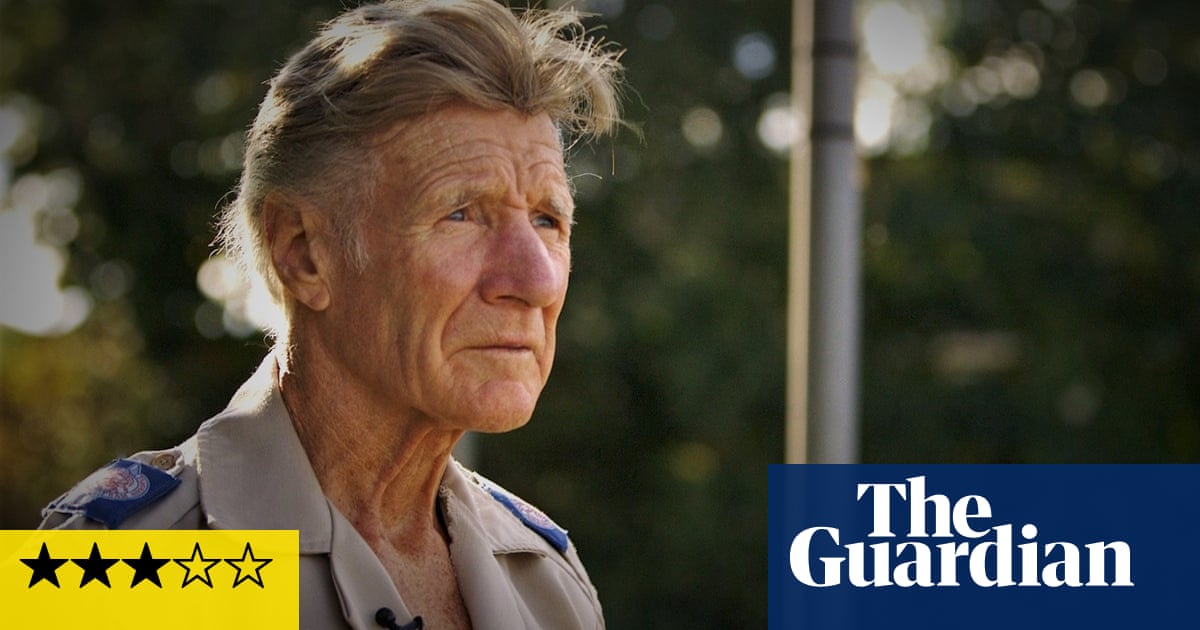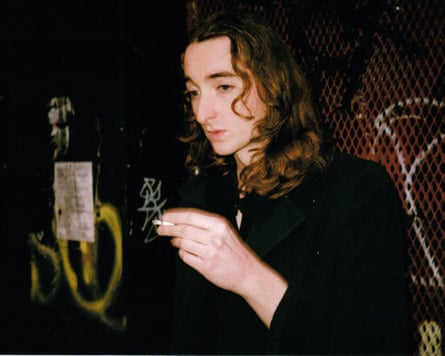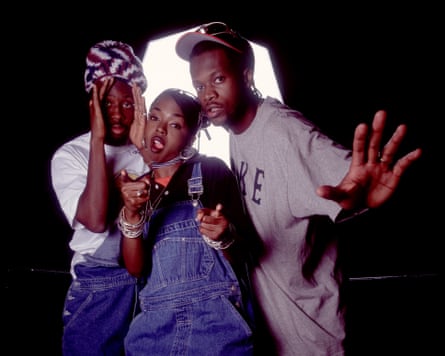
As unbelievable life trajectories go, British private school outcast to South American cowboy to US primetime TV naturalist to American healthcare saviour must be up there with the weirder ones. The late philanthropist Stan Brock singlehandedly disproves the old F Scott Fitzgerald dictate about American second acts by – starting in 1985 – supplying free medical treatment to millions of uninsured people through his non-profit Remote Area Medical (RAM). Related in this documentary with flashes of Boy’s Own brio, this flip into altruism is all the more remarkable in light of Brock’s borderline-abusive upbringing that pushed him as a young man into a stony self-reliance.
Even in his 70s and ushering in-need citizens into RAM’s mobile clinics, Brock still cuts a strapping, athletic figure. In his heyday, droving on the world’s largest cattle ranch and wrestling anacondas on the savannah of then-British Guiana, he looks like something out of an H Rider Haggard novel. This was the brawny package that made for TV gold as a co-host for 1960s series Mutual of Omaha’s Wild Kingdom and, briefly, an action movie star in schlock such as 1976’s Escape from Angola.
But haunted by the death of a fellow cowboy from influenza while on the trail, Brock belatedly began feeling guilty for how little he had done for his Rupununi indigenous saddlemates. So in the 1980s, he formed RAM, initially to bring healthcare to rural Mexico, and then to start on the deprivation visible everywhere in the organisation’s home state of Tennessee. Brock continually protests he doesn’t have the social skills to make a natural frontman for the organisation. It is precisely this gaucheness, though, that lends him a disarming and faintly saintly air, as he points out the absurdity that prevents US healthcare practitioners from crossing state lines to provide free treatment.
Director Paul Michael Angell has undoubtedly hit the documentary mother lode with this ascetic figure, who sleeps on a roll-up mattress in RAM’s office. But his story is so compelling, it means Angell recounts the myth without quite probing the somewhat mysterious Brock into more illuminating personal areas. You suspect the latter suffered the intrusion of the film for the publicity it would bring the cause. But, judging by the desperate gratitude shown by so many patients here, if this film is finally PR, it is of the inarguable kind.
Source: theguardian.com





















